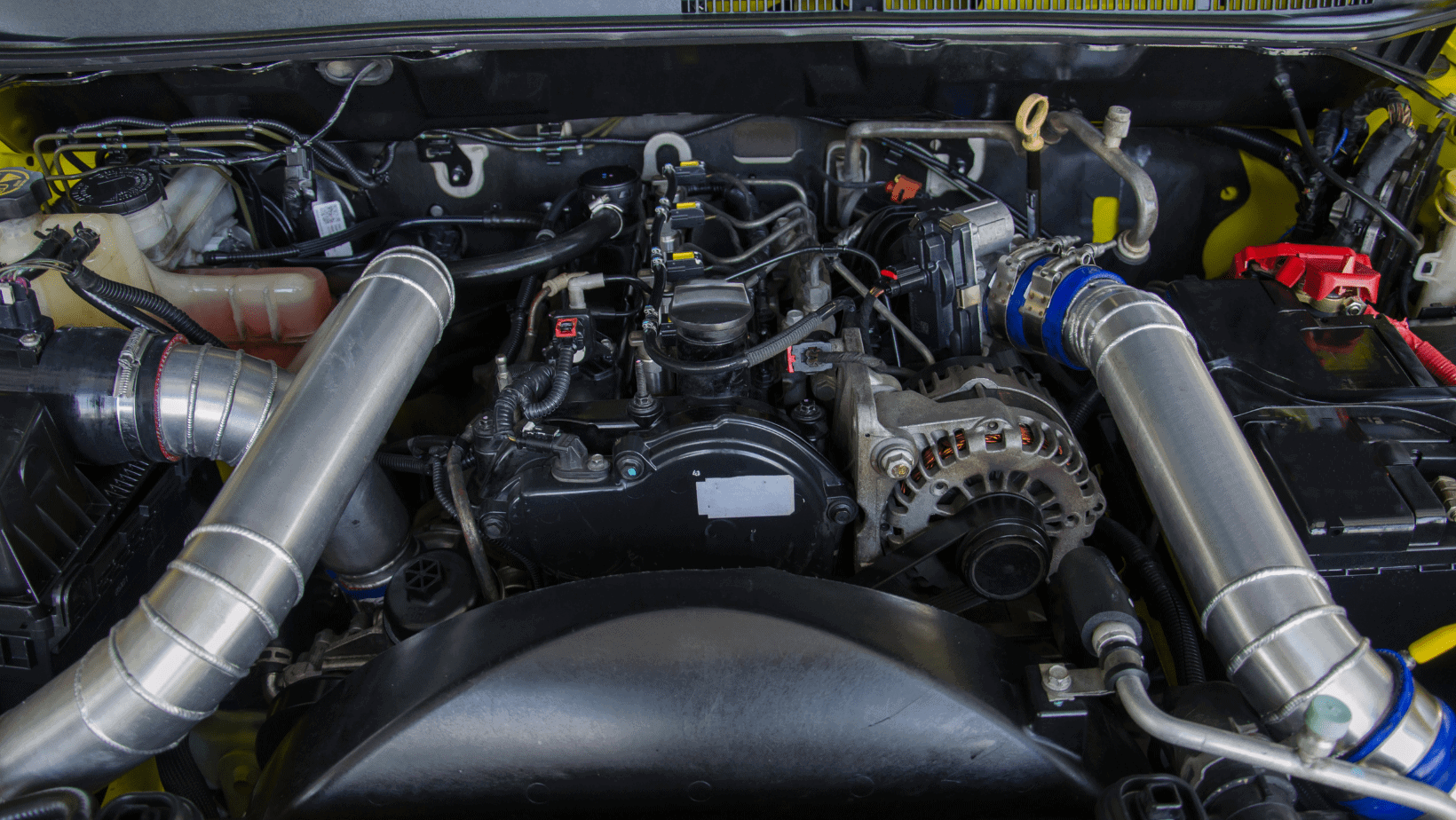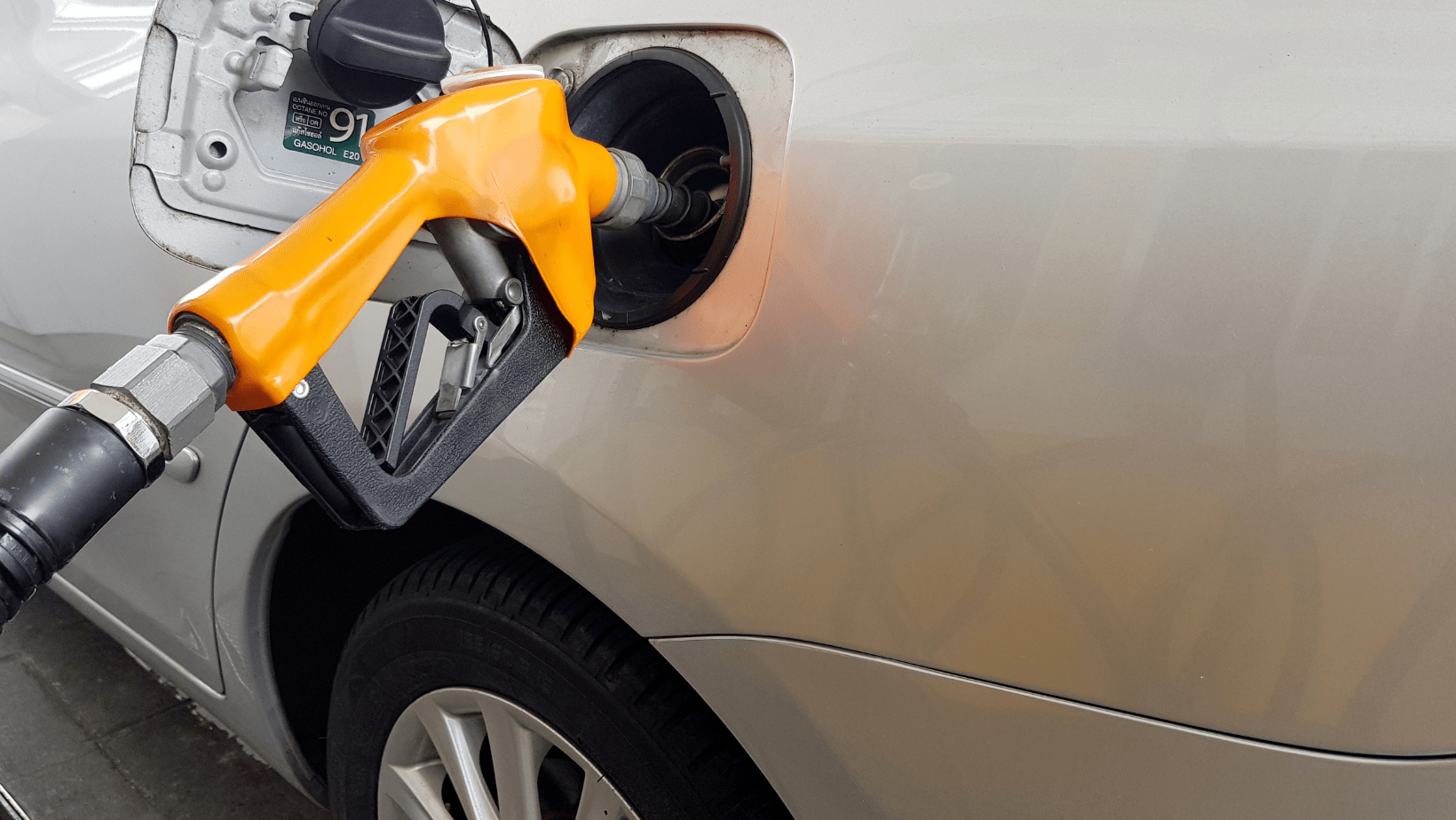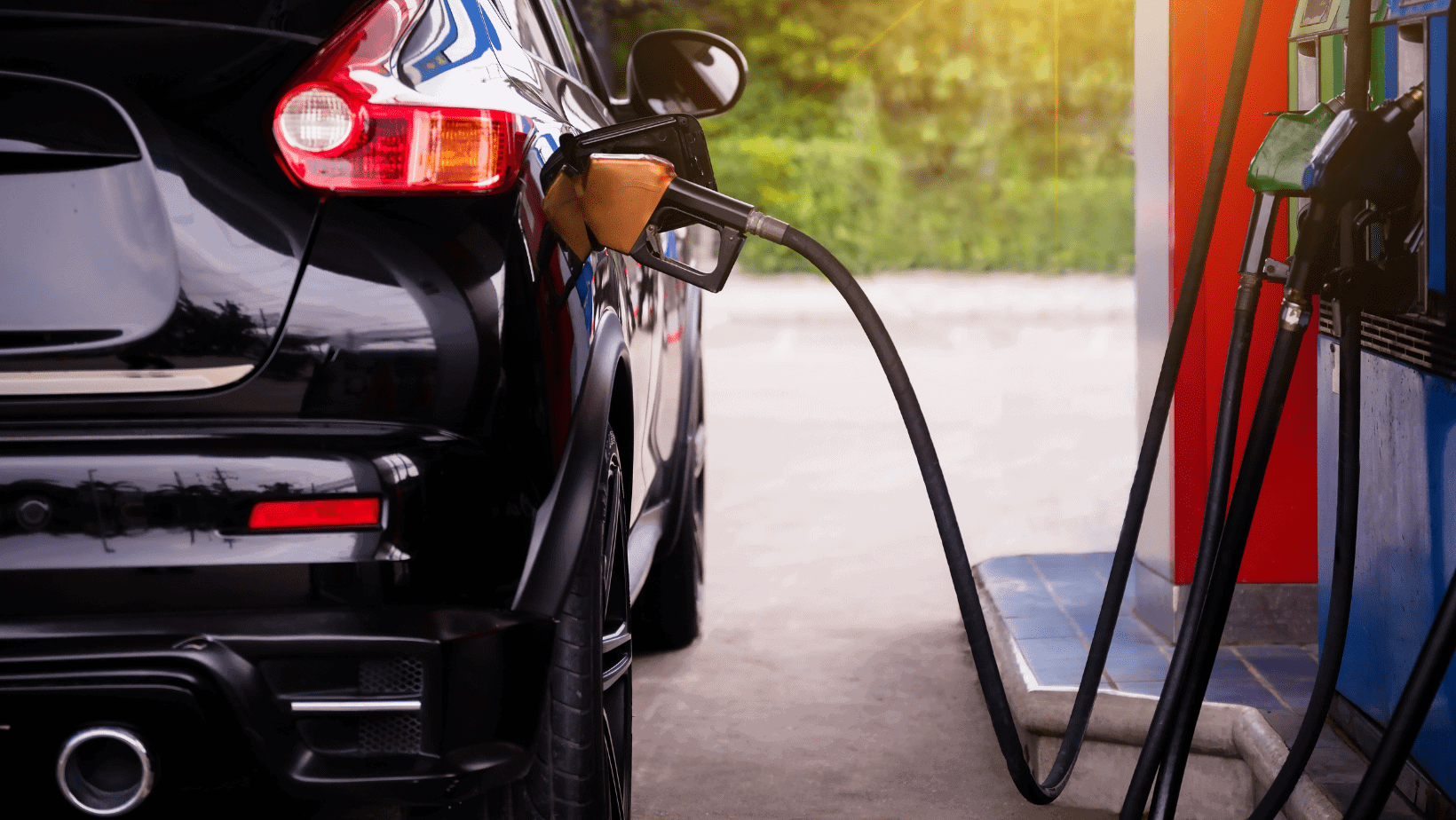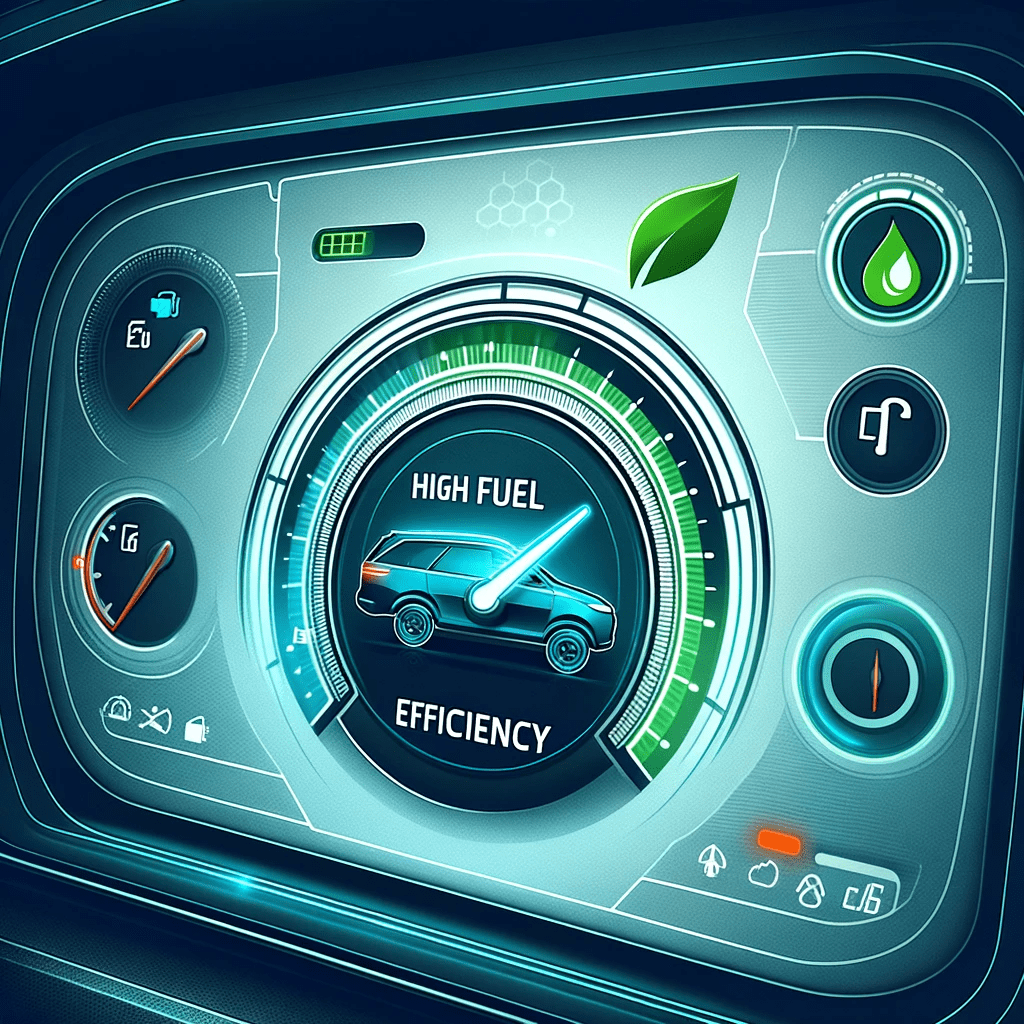When it comes to enhancing your vehicle’s performance, regular servicing plays a crucial role, especially in boosting fuel efficiency. In this article, we’ll delve into various tips and strategies that ensure your car runs at its peak, maximizing fuel economy and reducing your carbon footprint. From understanding the importance of routine maintenance to exploring advanced tuning techniques, this guide covers the benefits of regular servicing essential insights for every car enthusiast.
Key Takeaways
- Routine Maintenance: Regular check-ups lead to improved fuel efficiency.
- Fuel System Care: Importance of clean fuel injectors and filters.
- Tire Pressure: Optimal tire pressure maximizes efficiency.
- Driving Habits: How your driving style impacts fuel consumption.
- Aerodynamics and Weight: The role of vehicle design and load in fuel economy.
1. Regular Maintenance: The Key to Efficiency
Routine servicing of your vehicle is not just about preventing breakdowns; it’s about optimizing performance. Regular oil changes, for instance, ensure smoother engine operation, thereby enhancing fuel efficiency. Replacing spark plugs and air filters at recommended intervals can also significantly boost your car’s fuel economy.
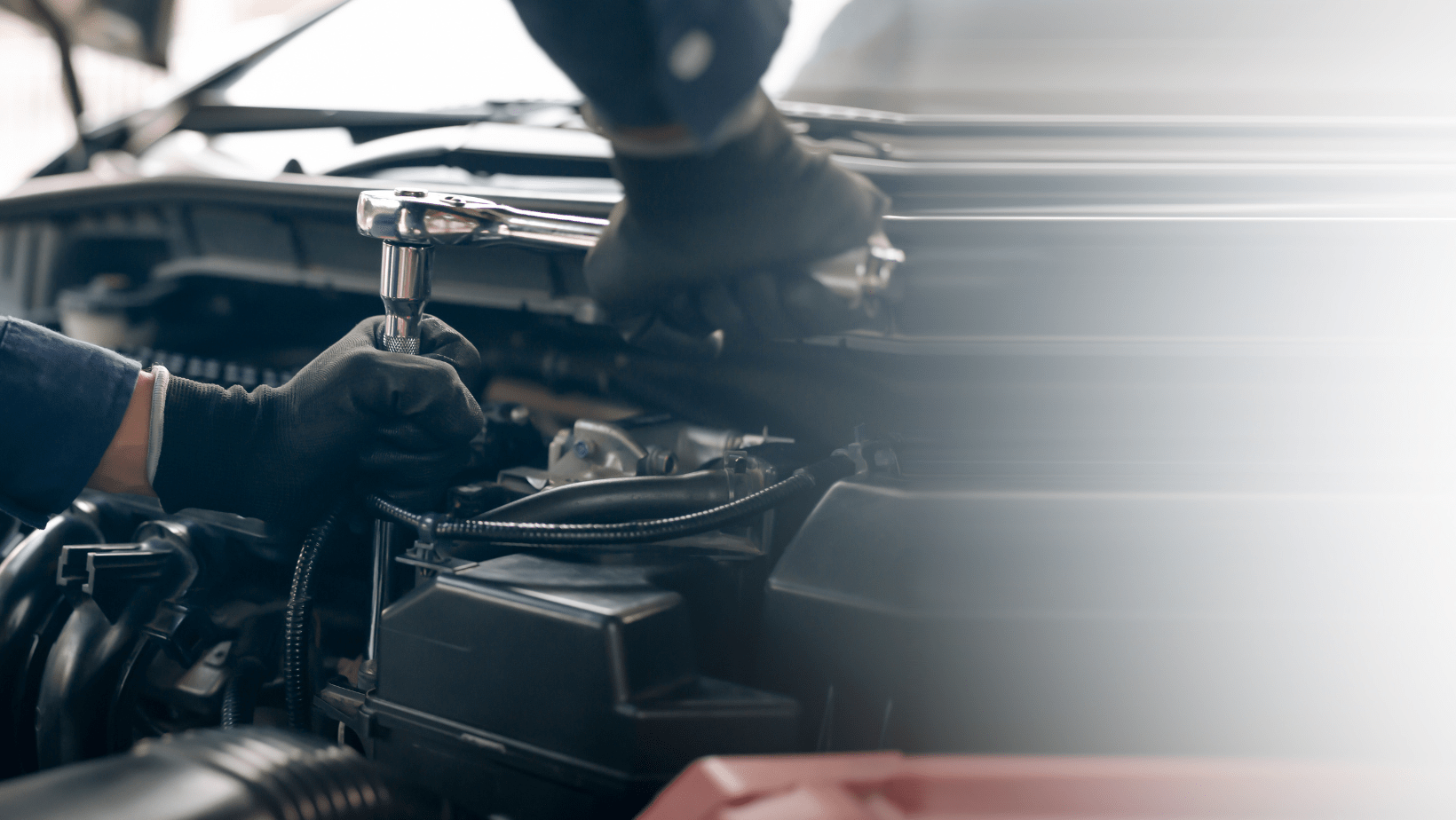
Top Benefits of Regular Servicing:
- Enhanced Engine Efficiency: Keeps the engine running smoothly.
- Reduced Emissions: Better for the environment.
- Cost Savings: Lower fuel consumption equals fewer trips to the gas station.
2. Fuel System Upkeep
A clean and well-maintained fuel system is essential for optimal performance. Using the best fuel injector cleaner for your Ford F150, for example, can make a notable difference in fuel economy. Additionally, understanding when to replace your fuel filter is vital; a clogged filter can significantly reduce efficiency. Learn more about this at How Often Should I Replace Fuel Filter.
3. Tire Pressure: A Crucial Aspect
Tire pressure has a direct impact on fuel efficiency. Under-inflated tires can increase fuel consumption by causing more drag. Maintaining the right tire pressure is a simple yet effective way to improve fuel efficiency. For detailed insights, visit Maximizing Fuel Efficiency: Tire Pressure Efficiency.
4. Smart Driving Habits
Your driving style significantly influences fuel consumption. Smooth acceleration and deceleration, maintaining steady speeds, and avoiding excessive idling can all contribute to better fuel economy. Understanding these habits is critical for any driver looking to improve their vehicle’s efficiency. More on this at Driving Habits Impact on Fuel Efficiency.
5. Aerodynamics and Vehicle Weight
The design of your vehicle and any additional weight it carries can affect fuel efficiency. Aerodynamic designs reduce wind resistance, while shedding unnecessary weight can also contribute to better mileage. For more information, check out Aerodynamics and Fuel Economy and Weight Reduction Benefits.
Efficient Route Planning and Fuel Consumption
Another aspect often overlooked in fuel efficiency is route planning. Efficient route planning can significantly reduce unnecessary driving, leading to substantial fuel savings over time.
Benefits of Efficient Route Planning:
| Benefit | Description |
|---|---|
| Reduced Fuel Consumption | Shorter or smoother routes mean less fuel used. |
| Time Savings | Less time spent in traffic reduces idling and fuel wastage. |
| Lower Emissions | Fewer miles driven equals reduced carbon footprint. |
| Cost Efficiency | Saving fuel translates to saving money. |
| Reduced Wear and Tear | Less driving means less stress on your vehicle’s components. |
For more insights on efficient route planning, visit Efficient Route Planning.
Conclusion about benefits of regular servicing
Improving fuel efficiency is a multifaceted approach that encompasses regular servicing, mindful driving habits, and understanding your vehicle’s needs. By adhering to these tips, you not only enhance your car’s performance but also contribute to a greener, more sustainable future.

